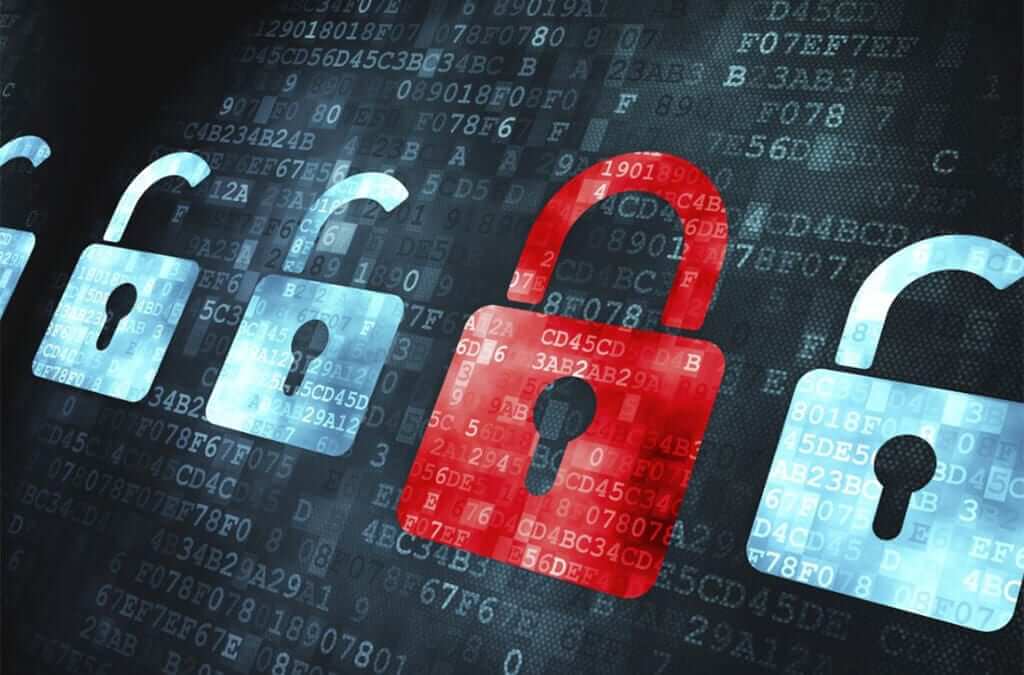Since 2005, there have been more than 75 data breaches where at least 1 million records were compromised, according to Bloomberg. With an ever-growing technological world, protecting both your company's and your clients' information is of the utmost importance. Luckily, there are a few approaches that will secure your systems without your business banking account. While not every method is foolproof, the following ways will help you keep your data safe:
1. Switch up your passwords
The easiest way for someone to hack into your system is to get a hold of your passwords. The only method for ensuring that doesn't happen is to be the only one with access to it. However, that doesn't always work. Hackers can buy a graphics card that can test hundreds of letter and number combinations in minutes, according to Inc. Randomly arranging letters, numbers and characters will ensure that your password isn't easy to guess. You should also change them on a regular basis and use different passwords for each account.
2. Don't open sketchy emails
Phishing scams are one of the easiest ways for hackers to get your information. Even if it seems like a legitimate email, it might not be. If you're unsure, don't click any links. Type the main URL into your browser and go from there, the source suggested. If the email is fake, clicking on links could download viruses and malware to your hard drive, which could then steal information. While virus protection helps, it can't stop everything. The delete button is your best defense if you don't know the sender. If you want to test out your employees, send out a fake phishing email and see who clicks on it – 18 percent of people do, according to Industrial Distribution. There are companies out there who will provide the service for a fee. Even though you'll have to work it into your financial plan, at least you'll know who you have to worry about.
3. Move systems off site
While processing customer payments in house will save you money, it won't save your clients' information from being compromised. On-site processing systems are easier to hack into and are increasing as more companies switch to it, Entrepreneur explained. Switch to a cloud-based system which keeps information off site while providing an extra layer of security. Encryption and tokenization also add protection to your data in transit. Tokenization scrambles information so it's not recognizable at the receiver's end without leaving a trail, while encryption requires a key to access.
4. Use virus protection
Keep your computer systems safe by installing virus and malware protection. Even if you aren't clicking on links in phishing emails, visiting certain sites or clicking on some advertisements can download things you don't want. There has been an 8 percent increase in attacks and a $92,000 loss for small businesses since 2012, according to Inc. While it can't catch everything, protection software will help you keep your information safe.
As data breaches increase, the need for secure systems does the same. By taking simple steps such as changing your passwords and moving business off site, you'll better be able to protect both yours and your customers' information.


